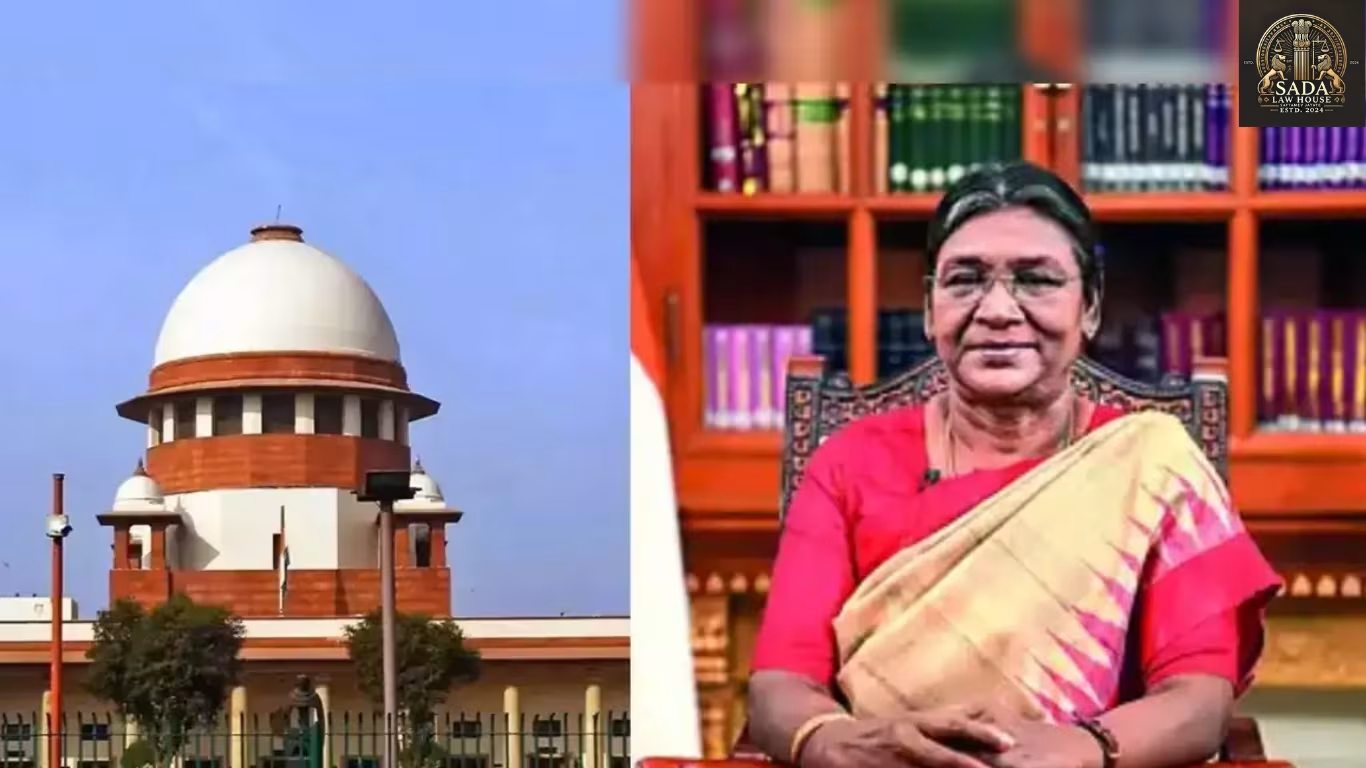Presidential Reference on Deadlines for Governors: Supreme Court Hearing – Day 9
- Kashak Agarwala
- 11 September 2025

Introduction
A five-judge Constitution Bench of the Supreme Court, led by Chief Justice BR Gavai and comprising Justices Surya Kant, Vikram Nath, PS Narasimha, and Atul S Chandurkar, continued hearing the Presidential Reference regarding the time limits and powers of Governors and the President in granting assent to state bills. The matter stems from the Court’s April 8 ruling which placed gubernatorial inaction under judicial review.
Background
The reference examines the constitutional scope of Articles 200 and 201, which govern Governors’ assent to state legislation. Critics argue that indefinite delays in granting assent disrupt the legislative process and undermine state autonomy within India’s federal framework. The Court’s advisory jurisdiction under Article 143 has been invoked to clarify the boundaries of gubernatorial discretion and judicial review.
Key Developments
Senior Advocate Niranjan Reddy argued that Governors have no broad discretion under Article 200 except in limited cases, warning that indefinite inaction kills the legislative process.
Senior Advocate P. Wilson emphasized that gubernatorial assent forms part of the legislative process, not a discretionary power, and that state autonomy must be preserved. He urged the Court to bar arbitrariness and uphold constitutional supremacy.
Senior Advocate Gopal Sankarnarayanan explained the advisory scope of Article 143, stressing that the Court’s opinion is consultative, not binding, and contextualized it with references to colonial precedents.
Advocate Avani Bansal proposed a “right to time” under Article 14, framing indefinite delays as arbitrariness and a violation of equality.
Senior Advocate Sidharth Luthra supported broader citizen access to Article 32 remedies, particularly in cases of social crises, despite siding with the Union.
Solicitor General Tushar Mehta stressed that Governors are constitutional heads, not mere postmen, with functions subject to Article 159. He cautioned against equating Indian constitutional roles with the British Crown.
Judicial observations: Justice Narasimha highlighted the need to balance democracy with federalism. The Bench noted that constitutional silences in Articles 200–201 permit interpretative flexibility. Chief Justice Gavai remarked on the vast volume of materials—nearly 18,000 pages—submitted.
Issues
Extent of Gubernatorial Discretion: Whether Governors can indefinitely withhold assent or are bound to act within reasonable time limits.
Judicial Review: Whether courts can review gubernatorial inaction and enforce timeframes.
Federal Balance: How to reconcile state autonomy with constitutional safeguards.
Right to Time: Whether citizens have a constitutional right to timely legislative processes under Article 14.
Constitutional Morality: Ensuring Governors act impartially and responsibly under their constitutional oath.
Current Status
The matter remains under active hearing by the Constitution Bench. The Court’s eventual advisory opinion will define the scope of gubernatorial powers, clarify timelines for assent, and set boundaries for judicial intervention. The next sessions are expected to refine arguments on constitutional morality, federal balance, and the operationalization of the proposed “right to time.”
Conclusion
Day 9 of the hearings highlighted the tension between gubernatorial discretion, state autonomy, and constitutional accountability. The outcome of the reference will have lasting implications on India’s federal structure, the role of Governors, and citizens’ right to timely governance






